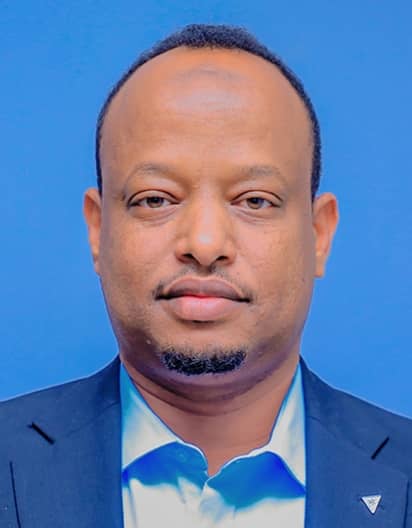Scaling South-South Wops From Innovation to Inclusive Water and Sanitation Services
Summary
This 90-minute thematic session showcases how peer-led, South-South Water Operator Partnerships (WOPs), supported by North-South facilitation, are accelerating access to water and sanitation services for low-income communities across Africa. The session will highlight the integration Human Rights-Based Approaches (HRBA) and digital strategies to drive inclusive utility management and achieve measurable performance gains. Through compelling case narratives, participants will explore how utilities facing similar developmental challenges co-create solutions, strengthen governance, and ensure no one is left behind in the pursuit of SDG 6. The 90-minute session will be structured as follows:
• Introduction by GWOPA Moderator (5-10 minutes): Setting the stage for peer-led South-South WOP innovations, integrating HRBA and digital strategies.
• Case Spotlights (35 minutes): Five selected case studies (7 minutes each) presented by utility representatives, offering concrete examples of challenges, solutions, and impacts.
• Moderated Panel Discussion & Live Q&A (50 minutes): A dynamic discussion among panellists and an interactive Q&A with the audience, surfacing success factors, challenges, and ideas for adaptation. The panel will include representatives from each showcased case.
• Key Takeaways & Call to Action (5 minutes): A summary of actionable lessons and an invitation for participants to contribute to WOP resources and explore new partnerships.
Objectives
1. 1. To demonstrate how Human Rights-Based Approaches and digital tools accelerate access to water and sanitation for low-income communities.
2. To share five replicable peer-led case models highlighting diverse thematic focus areas such as HRBA implementation and digital transformation, towards pro-poor service delivery
3. To illustrate effective North-South and South-South facilitation models that professionalize utilities and enhance both technical and managerial capacities
4. To showcase measurable performance gains achieved through WOP partnerships in service delivery, operational efficiency, and institutional resilience
5. To define clear pathways for mentee utilities to transition into mentoring peers, fostering sustainable, utility-led transformation
Partners
Session panelists
 Ms. Zainab Mpakiraba
Ms. Zainab Mpakiraba
 Mr. Barkhad Abdirahman
Mr. Barkhad Abdirahman
 Participate Online
Participate Online
 Add to Google Calendar
Add to Google Calendar